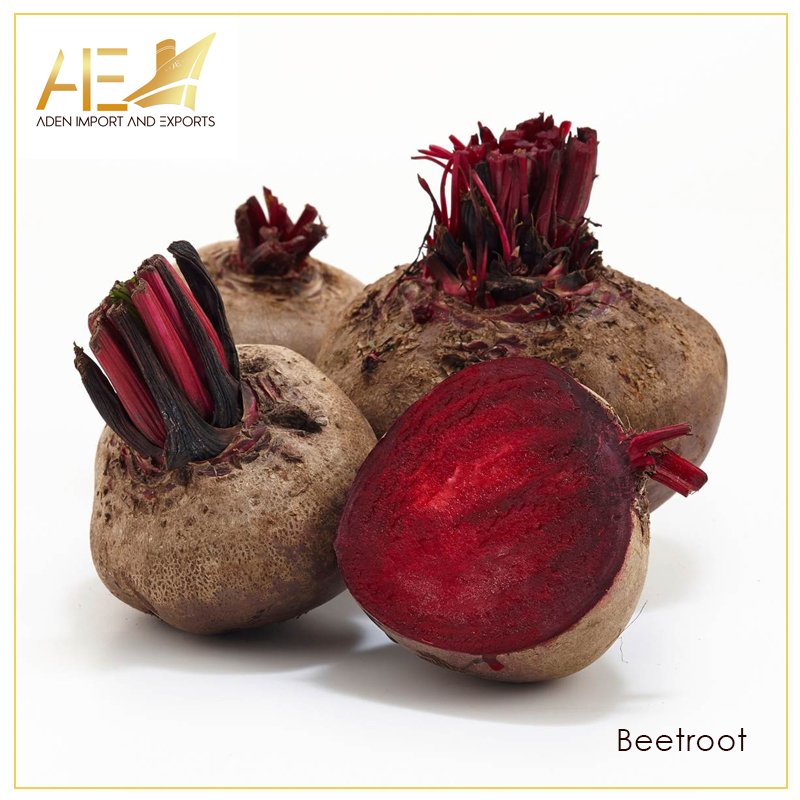

Beetroot is known to be a great purifier and is quite rich in iron content. It detoxifies the body and improves blood flow.
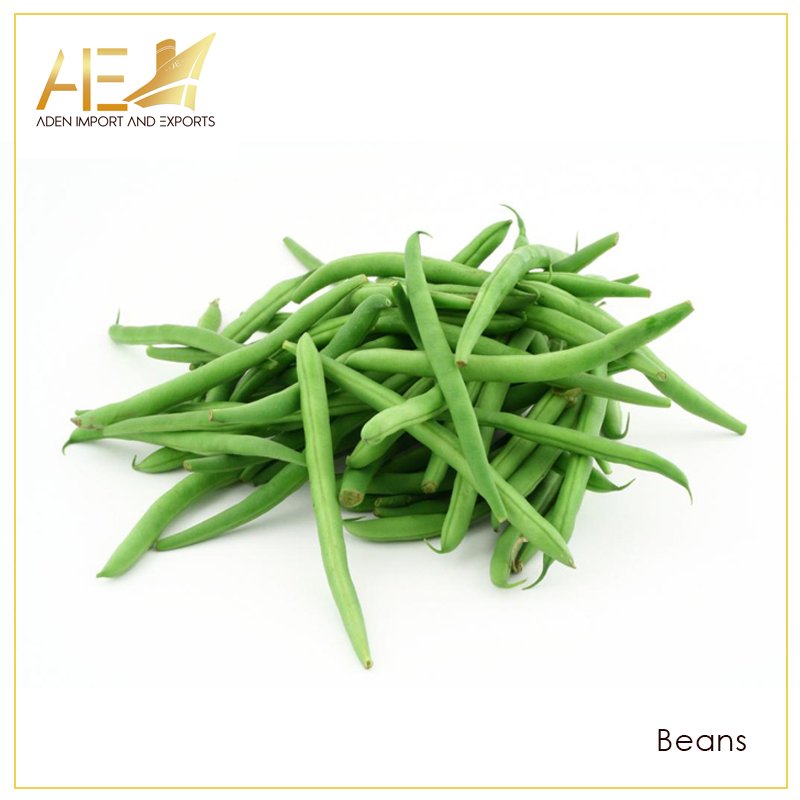

Beans are packed with soluble fibers which play a crucial role in maintaining the blood cholesterol levels in the body.
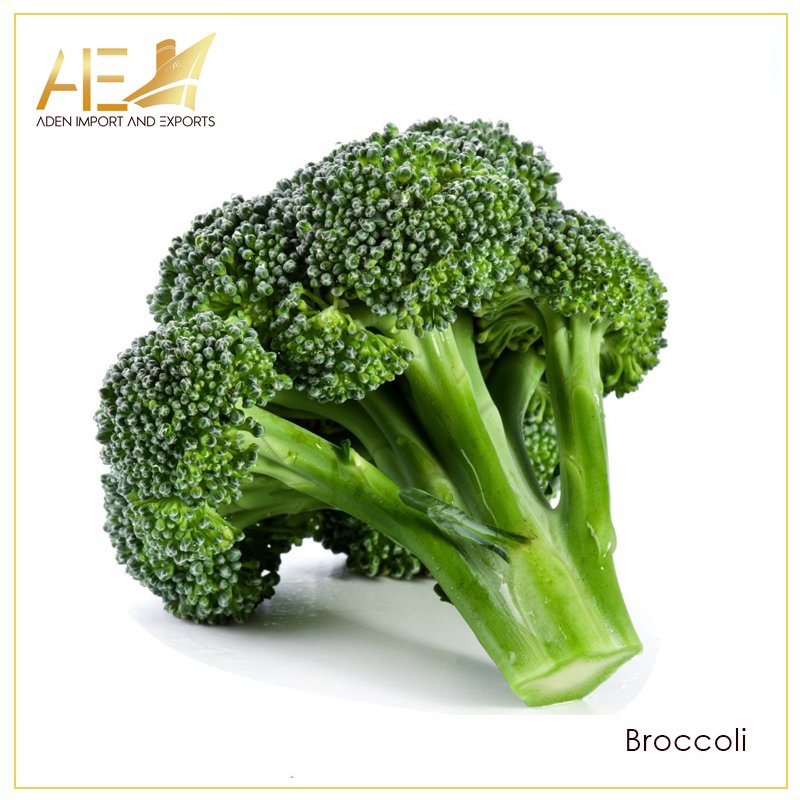

Broccoli is an excellent source of vitamin C and K. The potassium present in broccoli is important for the proper functioning of nerves and heart contractions.
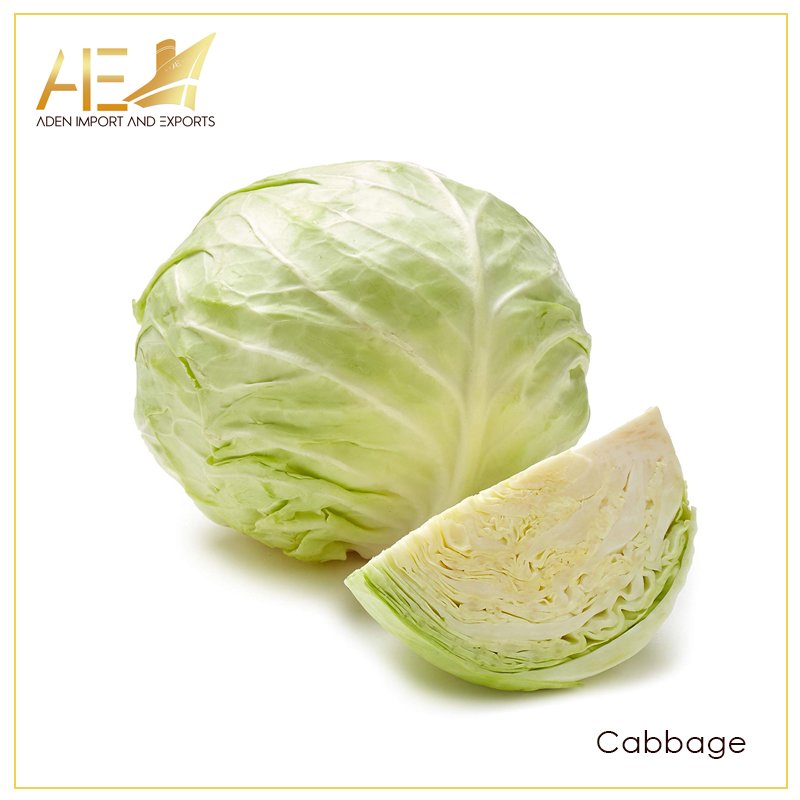

Cabbage has vitamin C in abundance. Its rich fiber content could possibly provide relief in constipation.
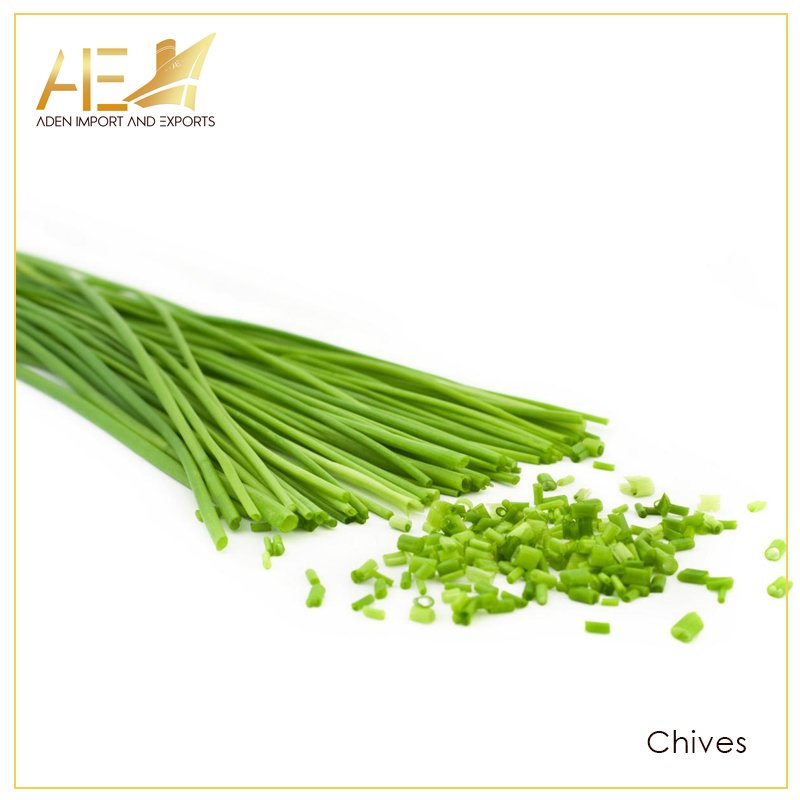

Chives are known to be healthy as they are low in calories and saturated fat. They are a rich source of vitamin A, K and antioxidants.
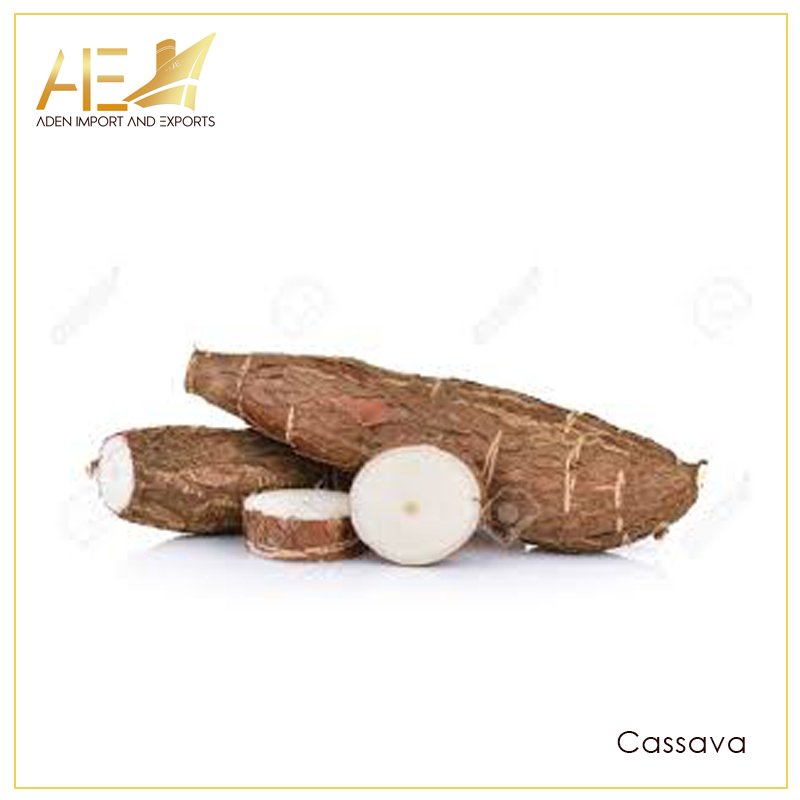

Cassava is a tropical root vegetable that contains proteins, fat, carbohydrates, iron, Vitamin B and C.
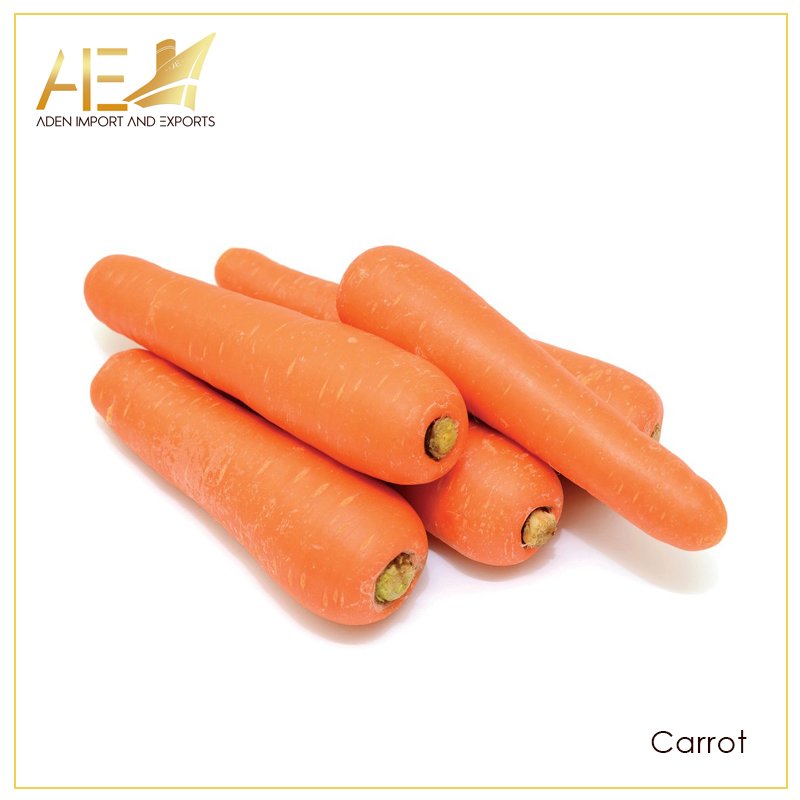

They are rich in vitamin A, C, K, iron and magnesium. Like other vegetables, carrots are also rich in dietary fibers. Having a carrot rich diet could enhance the immune system and also reduce the symptoms of premature aging.
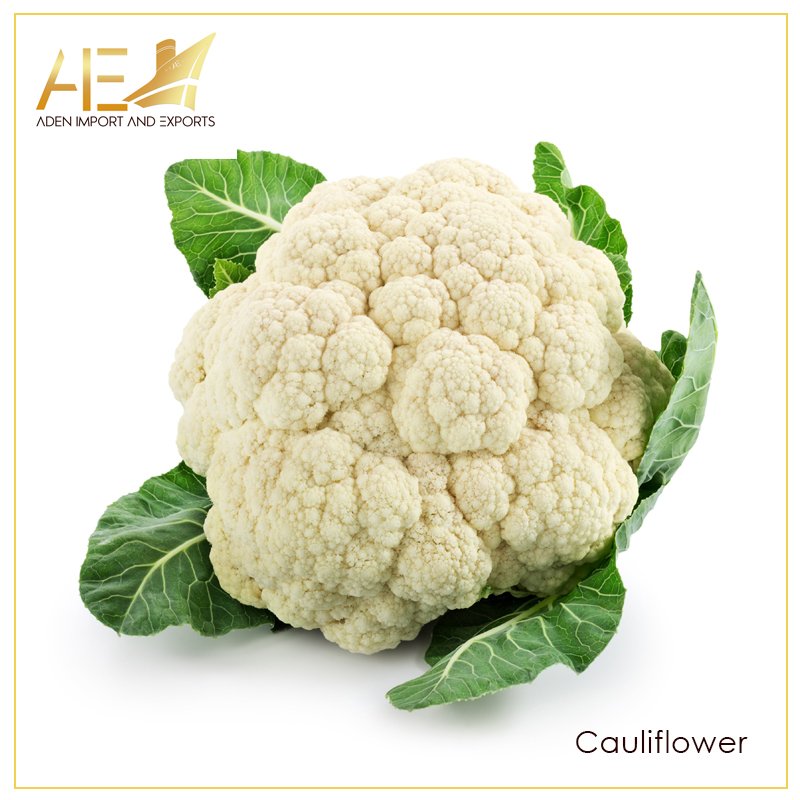

It is usually considered to be one of the healthiest vegetables as it is loaded with healthy vitamins and minerals. It is a rich source of vitamin C and K and has the ability to promote heart health.
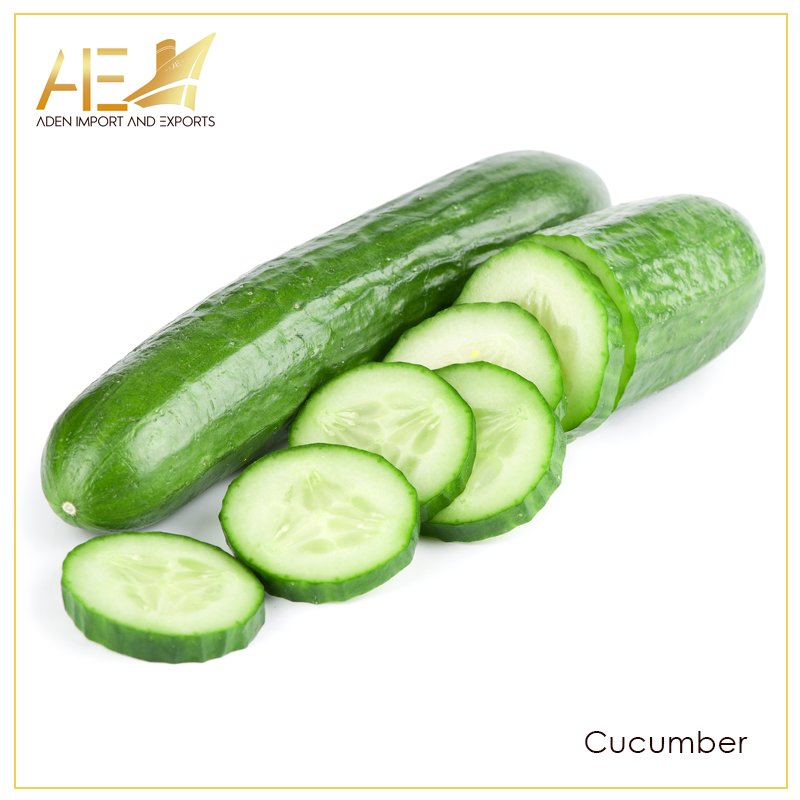

Cucumber is a great source to keep your body hydrated. It is rich in vitamins like A, B and C which help boost the immunity system and provides the body with with sufficient energy.


Corns are rich in dietary fibers. They are a rich source of vitamins like A, C and K and also help in boosting the body's metabolism.
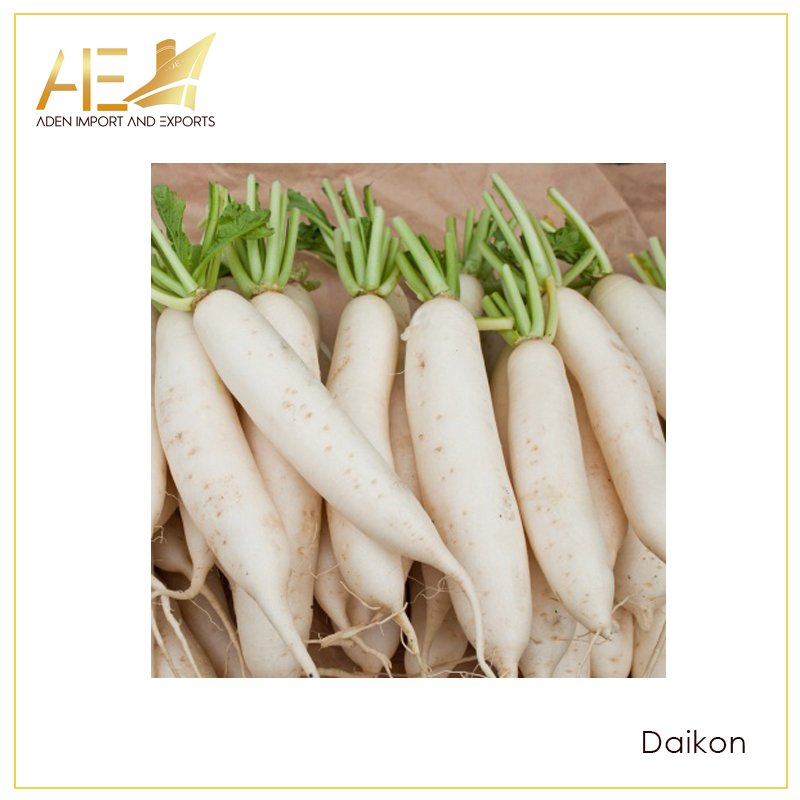

Commonly known as a Japanese radish, daikon's high nutritional value includes vitamin A, C, E and B-6, potassium, magnesium, calcium, iron, and fiber.
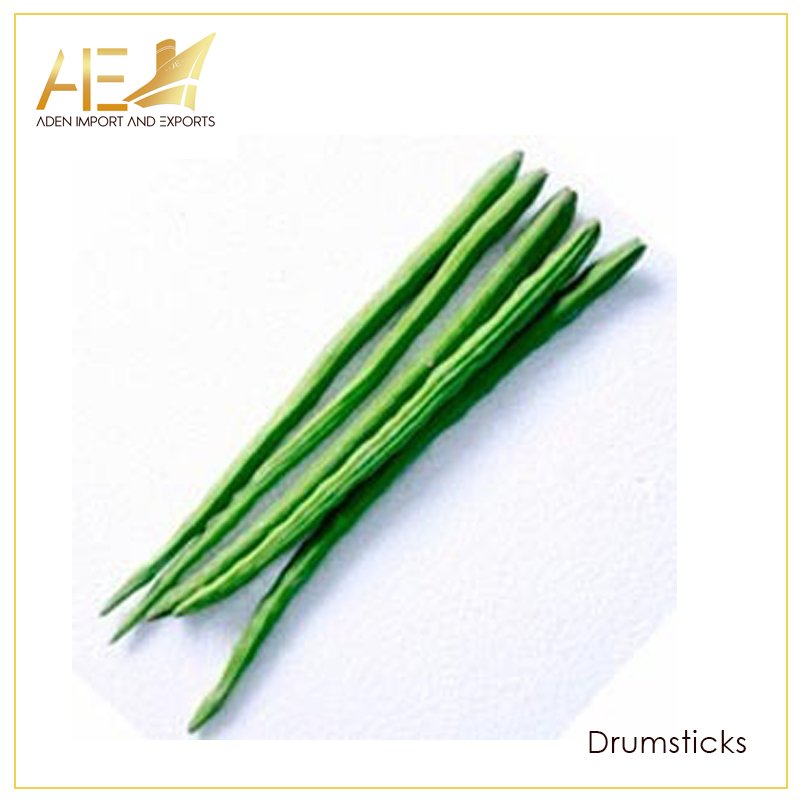

It is packed with some really good therapeutic values and offers almost all type of nutritional advantages that can cure numerous health conditions.
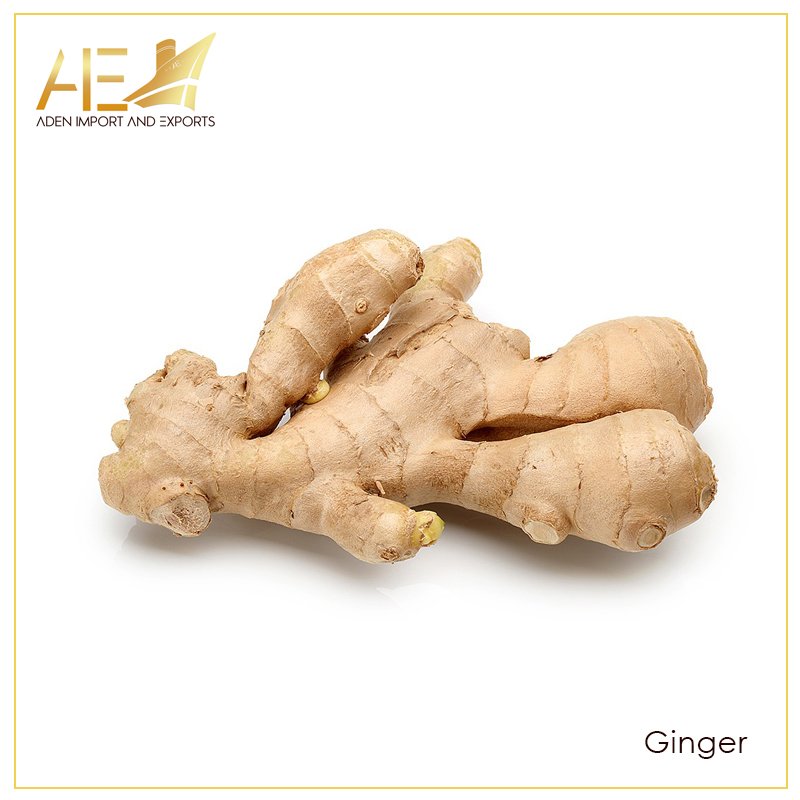

Ginger is a long established medicine which is loaded with essential nutrients. Its healing properties have been known since ages and are powered with vital minerals like manganese, copper magnesium and potassium.
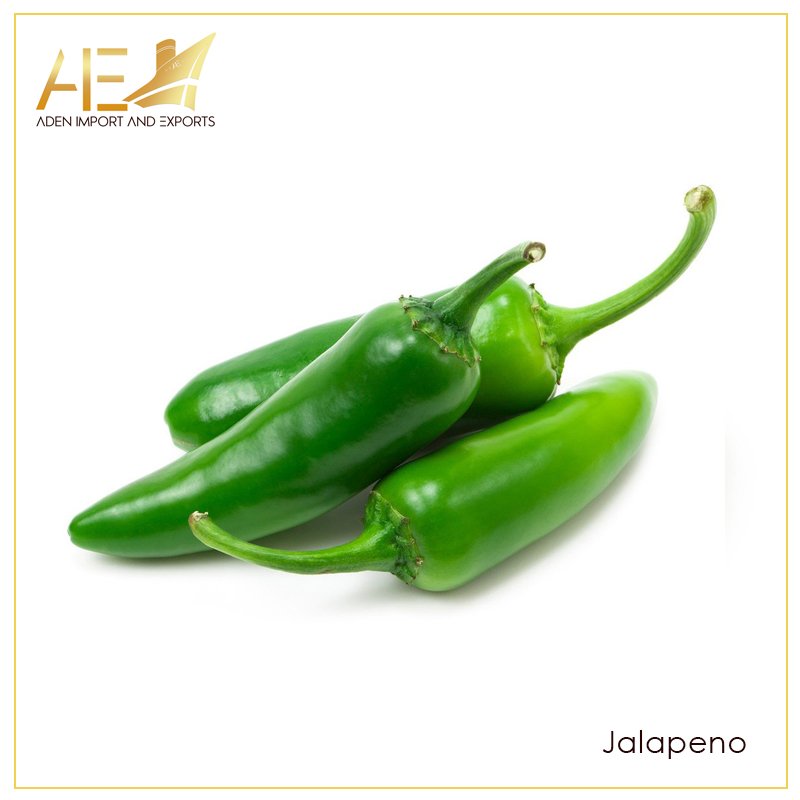

Jalapeno peppers provide with various of health benefits and consist of a chemical known as capsaicin which gives it a spicy taste.
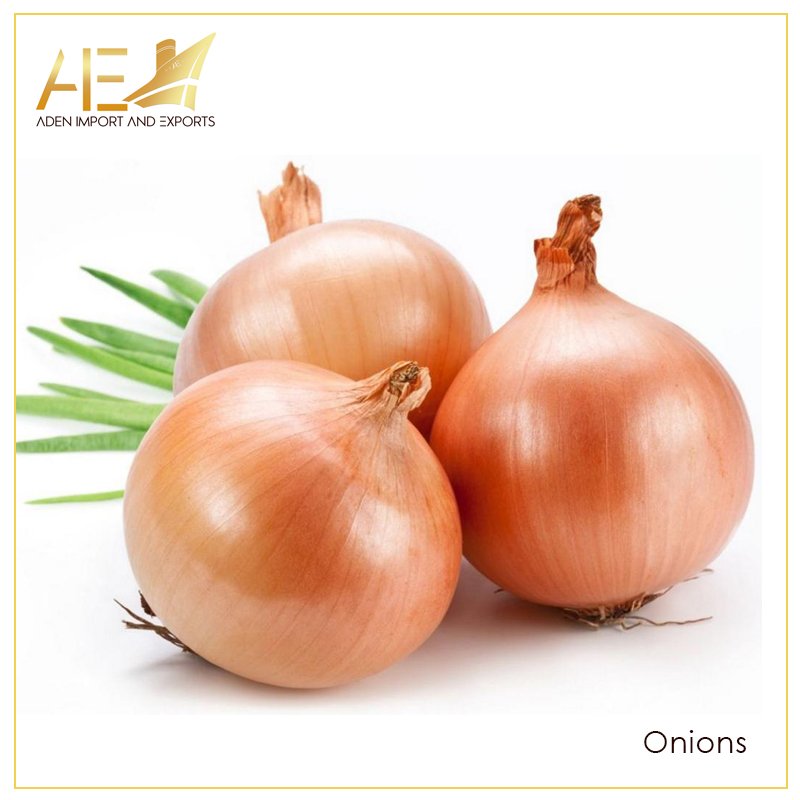

They are rich in in anti-bacterial and anti-fungal properties. They contain vitamin C and phytochemicals which help in improving the overall immunity.
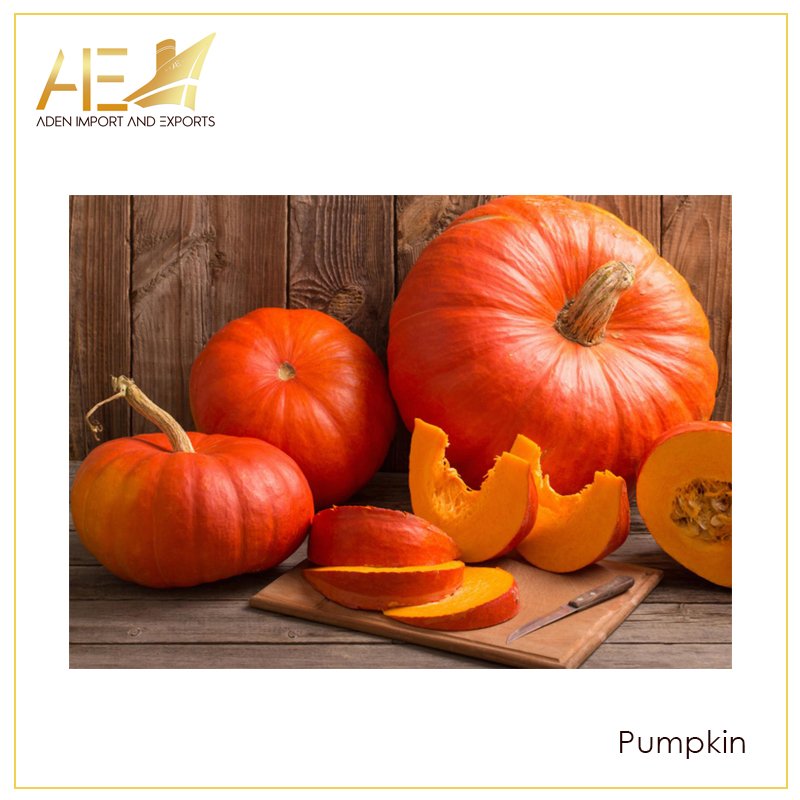

The potassium content in pumpkins could help in regulating the blood pressure and is a best known source of beta carotene.
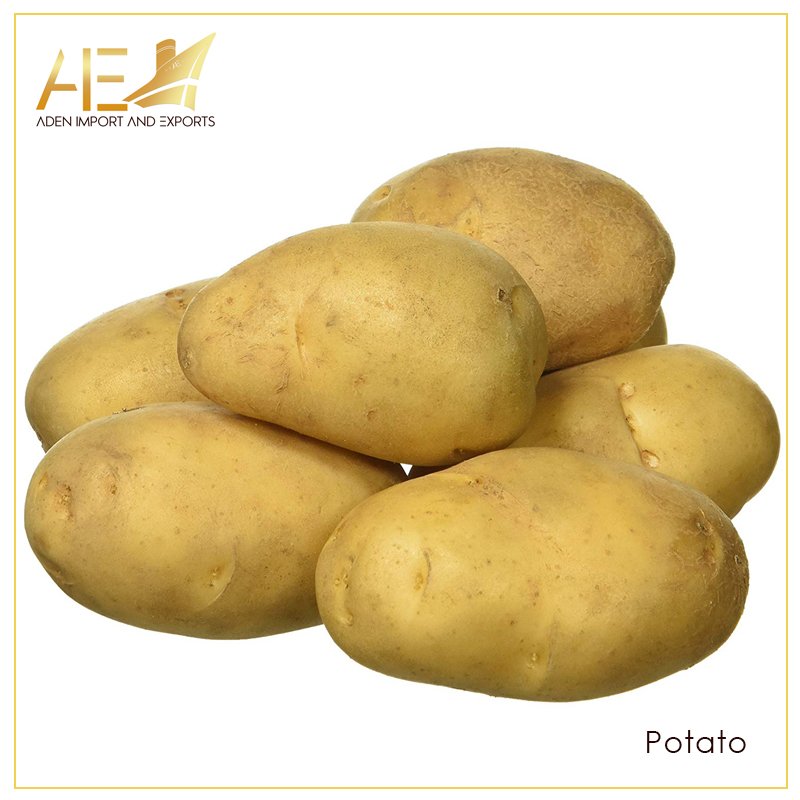

Potato is one of the most commonly used ingredients in Indian households. It helps protect the skin, increases circulation and keep the eyes healthy as well.
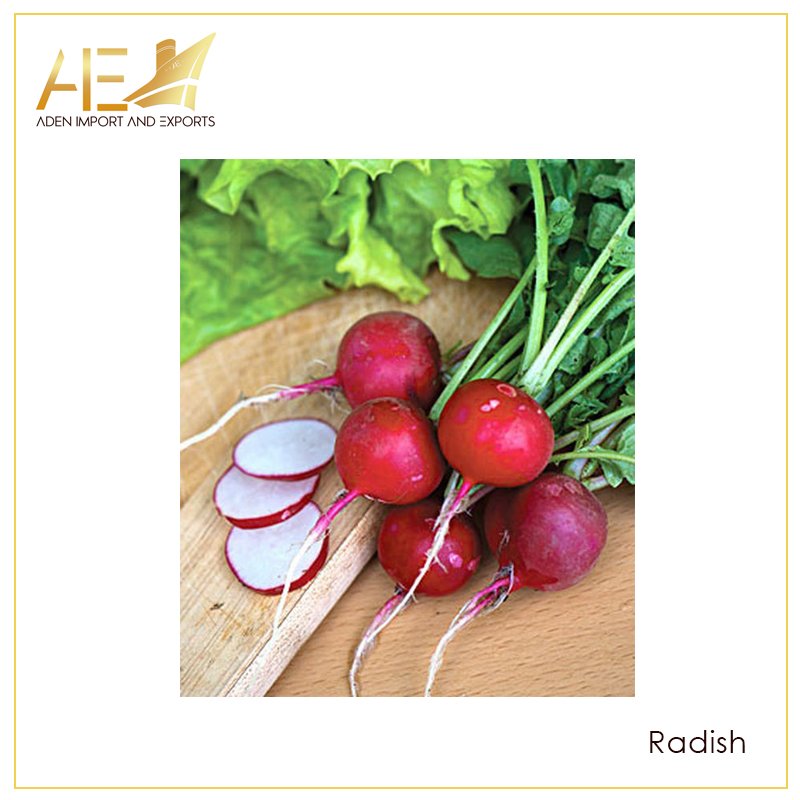

Radish is extremely good for the liver and stomach, and acts as a powerful detoxifier too. It improves digestion and prevents constipation.
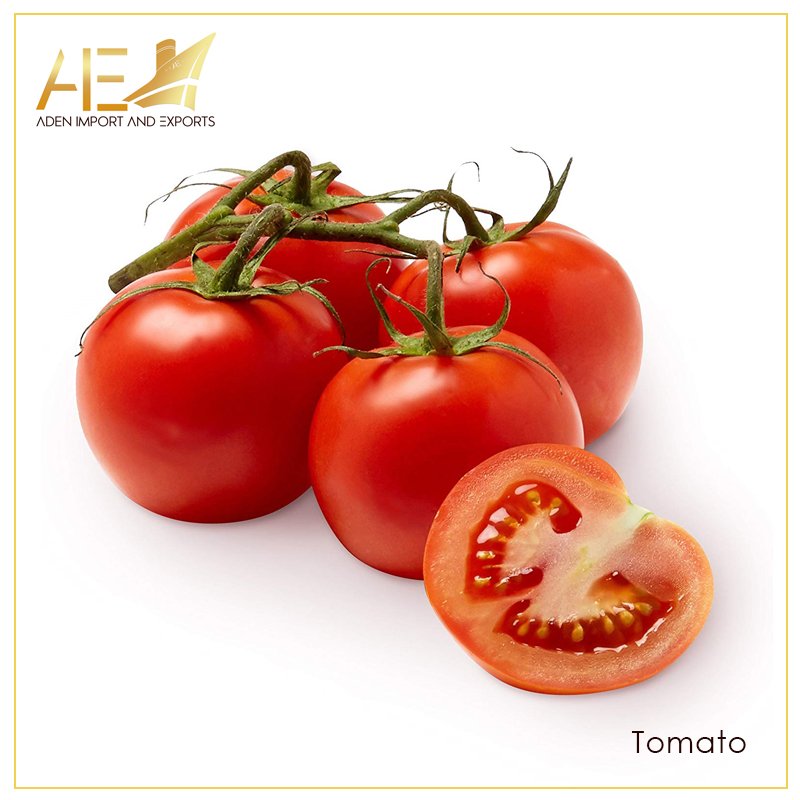

Tomato has been widely used across the globe as one of the major ingredients in food. It is known to be one of the best sources to provide with maximum amount of vitamin C.
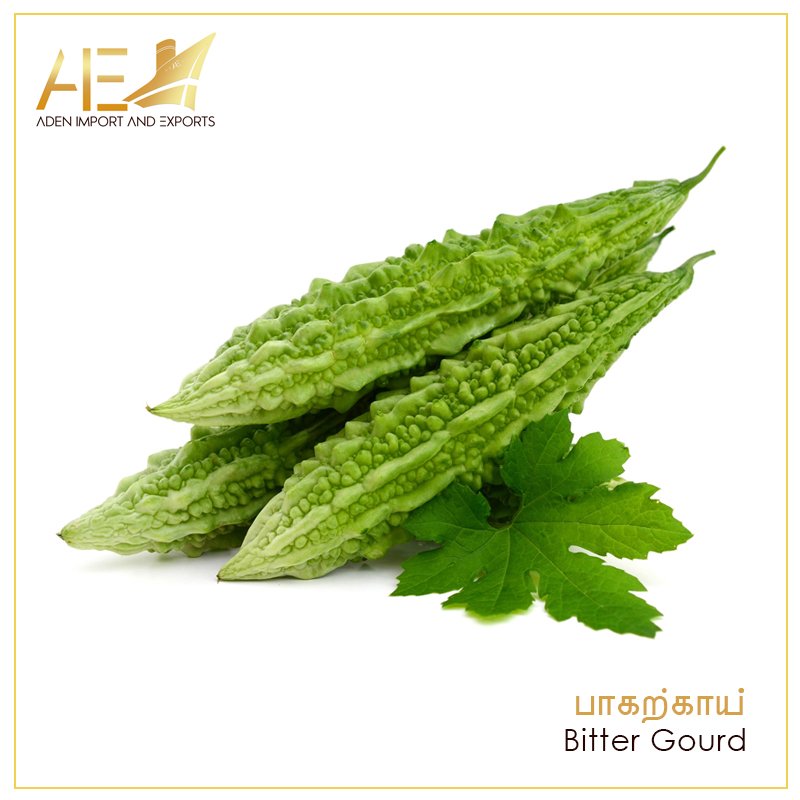

"Thanks to its potent medicinal properties, bitter melon has long been used by indigenous populations around the world to help treat diabetes-related conditions (6Trusted Source). In recent years, several studies confirmed the fruit’s role in blood sugar control."
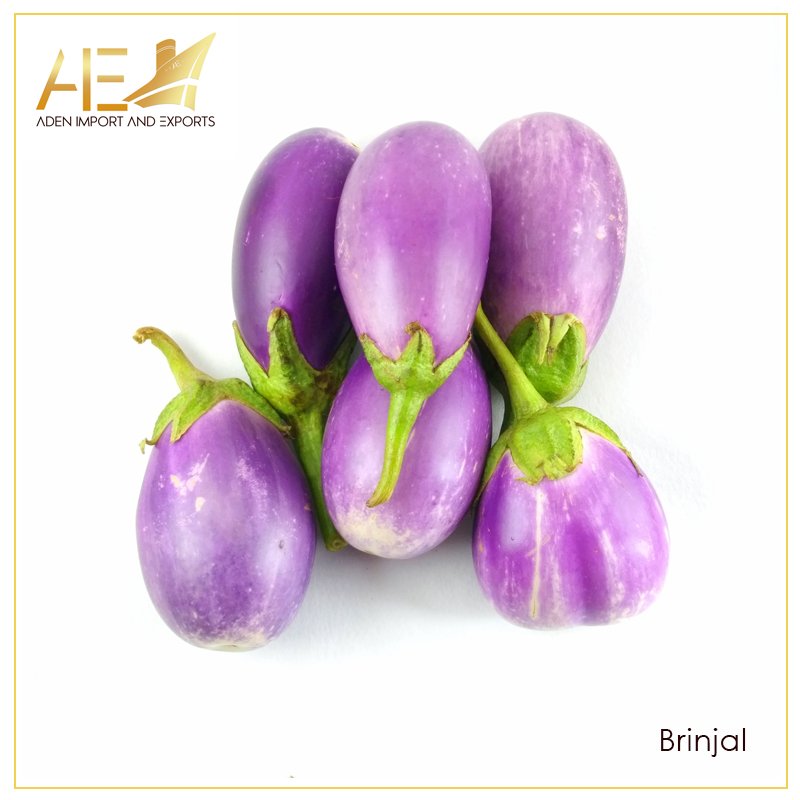

Brinjal (known as eggplant in USA and aubergine in France and UK, Solanum melongena L., 2n = 2x = 24) is one of the few cultivated Solanaceous species originating in the Old World. It is known as brinjal in India, where it was domesticated long ago and, where the greatest diversity is found.


Chilli is reported to be a native of South America and is widely distributed in all tropical and sub tropical countries including India. It was first introduced in India by Portuguese towards the end of 15th Century.
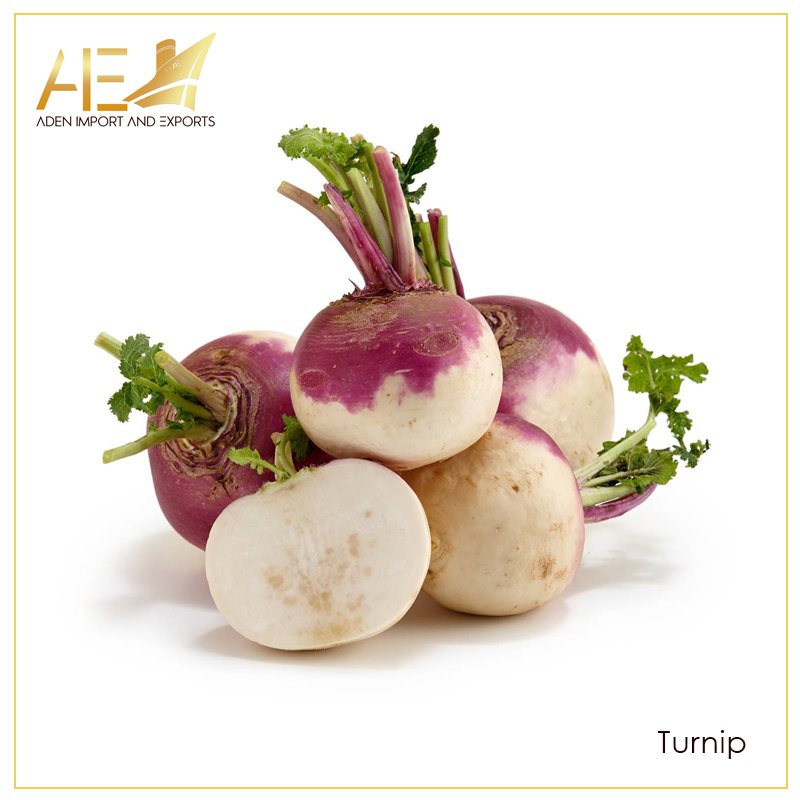

The turnip or white turnip (Brassica rapa subsp. rapa) is a root vegetable commonly grown in temperate climates worldwide for its white, fleshy taproot. The word turnip is a compound of tur- as in turned/rounded on a lathe and neep, derived from Latin napus, the word for the plant. Small, tender varieties are grown for human consumption, while larger varieties are grown as feed for livestock. In the north of England, Scotland, Ireland, Cornwall and eastern Canada (Newfoundland and the Maritimes), turnip (or neep) often refers to rutabaga, a larger, yellow root vegetable in the same genus (Brassica) also known as swede (from "Swedish turnip")
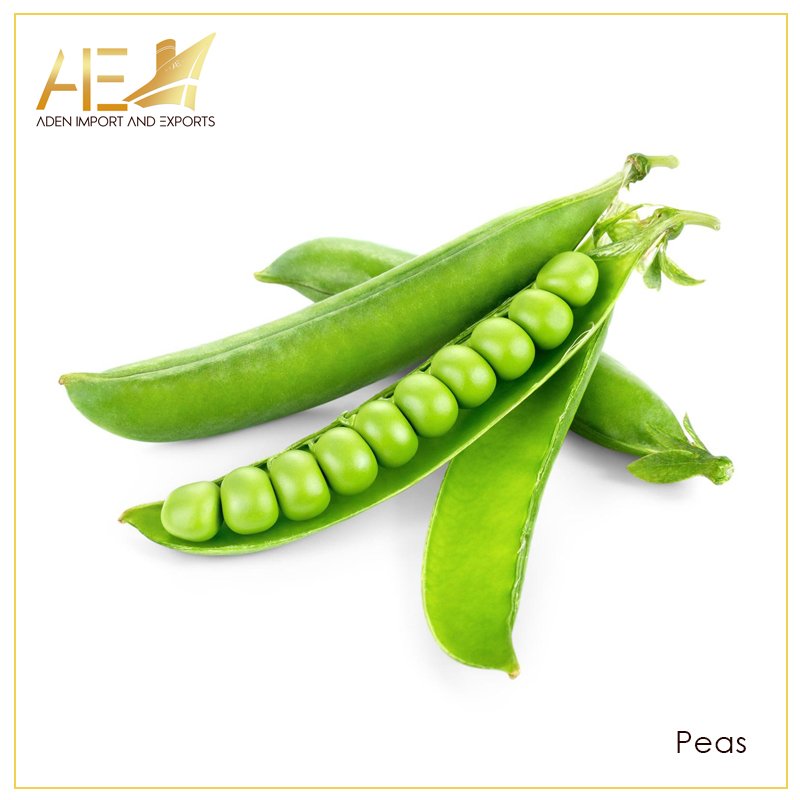

Peas (Pisum sativum L., 2n = 2x = 14) are consumed as fresh vegetables or dry seeds throughout the world. ... In general, area under vegetablepeas is on increase. The acreage of vegetable pea in India is 3.5 lac ha with 2.92 million tons of green pod production.